Texas house bill 300 relias answers – Texas House Bill 300, known as the “Relias Answers Act,” is a comprehensive piece of legislation that has significantly impacted healthcare in Texas. This bill, enacted in 2021, aims to enhance the quality and efficiency of healthcare delivery while addressing concerns related to insurance coverage and provider reimbursement.
In this article, we will delve into the key provisions of Texas House Bill 300, its impact on insurance providers and healthcare providers, and the role of Relias in its implementation.
Texas House Bill 300 Relias Answers
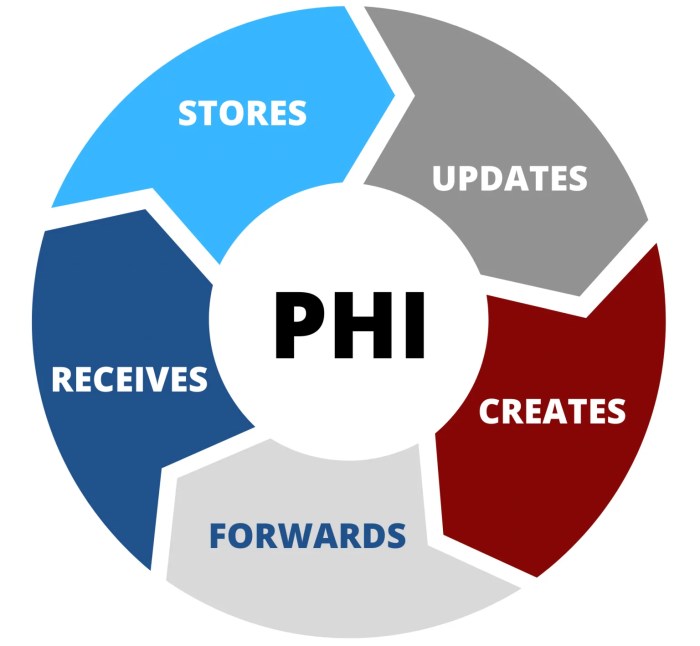
Texas House Bill 300, also known as the “Relias Answers Act,” was enacted in 2021 and took effect on September 1, 2021. The bill aims to improve the quality of healthcare in Texas by addressing issues related to surprise medical bills and expanding access to affordable healthcare.The
main provisions of the bill include:
- Prohibiting surprise medical bills for emergency services and certain non-emergency services provided by out-of-network providers.
- Establishing a dispute resolution process for surprise medical bills.
- Expanding access to affordable healthcare through the creation of a new state-based health insurance marketplace.
The purpose of the bill is to protect patients from unexpected and excessive medical bills, while also ensuring that healthcare providers are fairly compensated for their services. The bill is expected to have a significant impact on the healthcare system in Texas, and it is likely to serve as a model for other states considering similar legislation.
Impact on Insurance Providers
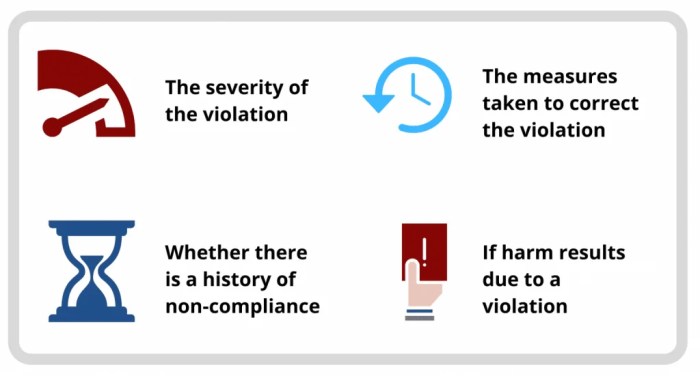
Texas House Bill 300 significantly impacts insurance providers operating within the state. It introduces new requirements and regulations that aim to enhance consumer protections and promote transparency in the insurance industry.
New Requirements and Regulations, Texas house bill 300 relias answers
One of the primary changes brought about by the bill is the requirement for insurers to provide policyholders with clear and concise information about their coverage. This includes details on premiums, deductibles, and exclusions. Insurers must also disclose any potential conflicts of interest and provide policyholders with the opportunity to review their policies before purchasing.
Impact on Premiums and Coverage
The new regulations may have implications for insurance premiums and coverage. The requirement for insurers to provide more comprehensive information could lead to increased transparency and potentially lower premiums for consumers. However, the additional administrative costs associated with compliance may also be passed on to policyholders in the form of higher premiums.
Increased Consumer Protections
The bill also strengthens consumer protections by prohibiting certain unfair or deceptive practices by insurers. For instance, insurers are prohibited from using misleading advertising or engaging in bait-and-switch tactics. These measures aim to ensure that consumers are treated fairly and protected from predatory practices.
Enforcement and Penalties
The Texas Department of Insurance (TDI) is responsible for enforcing the provisions of House Bill 300. The TDI has the authority to investigate complaints, impose fines, and take other disciplinary actions against insurers that violate the law. This enforcement mechanism ensures that insurance providers adhere to the new requirements and regulations.Overall,
Texas House Bill 300 represents a significant shift in the regulatory landscape for insurance providers operating in Texas. The new requirements and regulations aim to enhance consumer protections, promote transparency, and ensure that insurance providers operate fairly and ethically.
Implications for Healthcare Providers

The passage of Texas House Bill 300 has significant implications for healthcare providers in the state. The bill introduces new requirements for billing practices and documentation, which may impact provider reimbursements and patient care.
Changes in Billing Practices and Documentation Requirements
One of the most significant changes introduced by the bill is the requirement for healthcare providers to use electronic health records (EHRs) for all patient encounters. This requirement is intended to improve the accuracy and efficiency of billing practices, as well as to reduce the risk of fraud and abuse.In
addition, the bill also requires healthcare providers to obtain prior authorization from insurance companies for certain procedures and services. This requirement is intended to reduce the number of unnecessary procedures and services that are performed, and to help control healthcare costs.
Potential Effects on Provider Reimbursements
The new billing practices and documentation requirements introduced by the bill may have a significant impact on provider reimbursements. Healthcare providers who are not able to comply with the new requirements may face reduced reimbursements from insurance companies.In addition, the bill also includes provisions that could lead to reduced reimbursements for certain procedures and services.
For example, the bill limits the amount that insurance companies can reimburse for certain diagnostic tests and procedures.
Potential Effects on Patient Care
The new billing practices and documentation requirements introduced by the bill may also have a significant impact on patient care. Healthcare providers who are struggling to comply with the new requirements may be less likely to provide patients with the necessary care.In
addition, the bill’s provisions that could lead to reduced reimbursements for certain procedures and services may make it more difficult for patients to access the care they need.
Role of Relias in Implementation
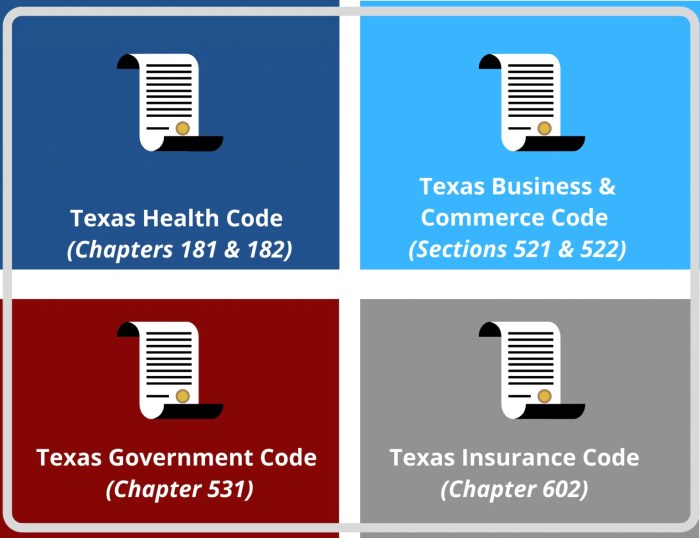
Relias, a healthcare technology company, plays a crucial role in the implementation of Texas House Bill 300. Relias provides comprehensive solutions and resources to support healthcare providers in meeting the requirements and leveraging the opportunities presented by the bill.
Services and Resources Provided by Relias
- Online Learning Platform:Relias offers an extensive online learning platform that delivers continuing education courses and training programs tailored to the specific needs of healthcare professionals.
- Compliance Tracking:Relias’ compliance tracking system helps healthcare providers monitor and manage their compliance with the provisions of House Bill 300, including tracking continuing education credits and ensuring adherence to new regulations.
- Quality Improvement Tools:Relias provides tools and resources to support healthcare providers in implementing quality improvement initiatives, such as patient safety protocols and risk management strategies.
- Data Analytics and Reporting:Relias’ data analytics and reporting capabilities allow healthcare providers to track their progress, identify areas for improvement, and demonstrate compliance with regulatory requirements.
Potential Benefits and Challenges of Utilizing Relias’ Solutions
Benefits:
- Streamlined Compliance:Relias’ solutions streamline the compliance process, making it easier for healthcare providers to meet the requirements of House Bill 300.
- Improved Quality of Care:By providing access to continuing education and quality improvement tools, Relias helps healthcare providers enhance the quality of care they deliver.
- Reduced Costs:Relias’ cost-effective solutions can help healthcare providers reduce expenses associated with compliance and quality improvement initiatives.
Challenges:
- Integration with Existing Systems:Healthcare providers may face challenges in integrating Relias’ solutions with their existing systems and workflows.
- Cost of Implementation:The cost of implementing Relias’ solutions may be a barrier for some healthcare providers.
- User Adoption:Encouraging healthcare professionals to adopt and utilize Relias’ solutions can be a challenge, especially if they are unfamiliar with online learning or new technologies.
Comparison with Existing Regulations
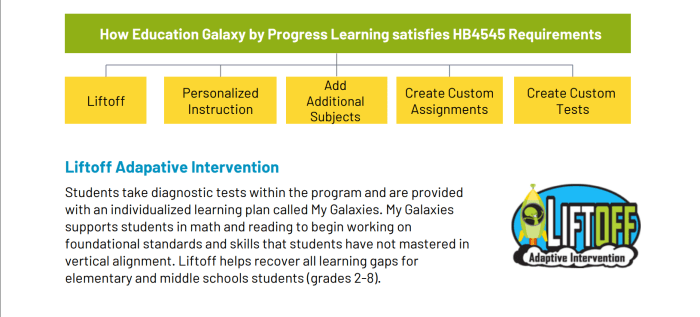
House Bill 300 aligns with existing regulations governing healthcare in Texas while introducing several key differences. It shares the goal of improving patient care and reducing costs but takes a more comprehensive approach.
Key Similarities
- Emphasis on patient safety and quality of care
- Promotion of value-based care models
- Use of technology to improve efficiency and transparency
Key Differences
- Scope of coverage:House Bill 300 expands coverage to include mental health and substance abuse services, while existing regulations primarily focus on physical health.
- Relias certification:The bill mandates Relias certification for healthcare providers, which is not currently required under existing regulations.
- Accountability measures:House Bill 300 establishes more stringent accountability measures for healthcare providers, including performance-based reimbursement and quality reporting.
Potential Impact
House Bill 300 has the potential to significantly impact the regulatory landscape in Texas. By expanding coverage, mandating Relias certification, and increasing accountability, it aims to improve patient outcomes, reduce costs, and promote a more efficient and transparent healthcare system.
Industry Perspectives and Reactions
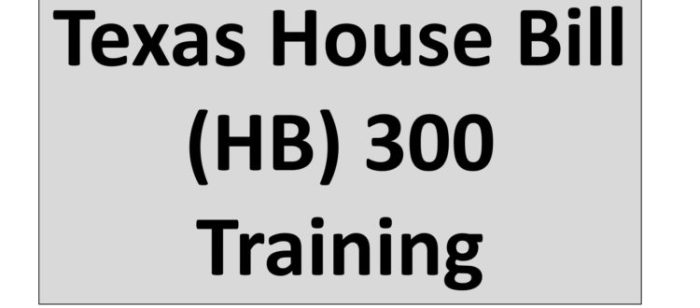
House Bill 300 has sparked diverse reactions from stakeholders within the healthcare industry in Texas. Healthcare providers, insurance companies, and other organizations have expressed their views on the potential impact of the legislation.
Healthcare Providers
Many healthcare providers have voiced concerns about the potential financial implications of House Bill 300. They argue that the requirement to use Relias for continuing education could increase their operating costs, particularly for small and independent practices. Additionally, some providers have expressed skepticism about the effectiveness of online education compared to traditional in-person training.
Insurance Companies
Insurance companies generally support House Bill 300, viewing it as a step towards improving the quality of healthcare in Texas. They believe that the use of Relias for continuing education will enhance provider knowledge and skills, leading to better patient outcomes.
Furthermore, insurance companies expect that the standardization of continuing education requirements will simplify their processes for credentialing providers.
Other Stakeholders
Other stakeholders, such as patient advocacy groups and healthcare professional associations, have expressed mixed reactions to House Bill 300. Some organizations support the bill’s focus on improving healthcare quality, while others have raised concerns about the potential financial burden on providers and the potential impact on patient access to care.
Overall, the industry perspectives on House Bill 300 reflect a range of opinions and concerns. The full impact of the legislation will likely become clearer as it is implemented and its effects are evaluated.
Questions and Answers: Texas House Bill 300 Relias Answers
What is the primary goal of Texas House Bill 300?
The primary goal of Texas House Bill 300 is to improve the quality and efficiency of healthcare delivery in Texas by addressing concerns related to insurance coverage, provider reimbursement, and documentation requirements.
How does House Bill 300 impact insurance providers?
House Bill 300 introduces new regulations for insurance providers operating in Texas, including requirements for increased transparency in pricing and coverage, streamlined appeals processes, and expanded access to mental health and substance abuse treatment.
What role does Relias play in the implementation of House Bill 300?
Relias provides educational and training resources to healthcare providers to support their compliance with the new requirements introduced by House Bill 300. These resources include online courses, webinars, and in-person workshops.